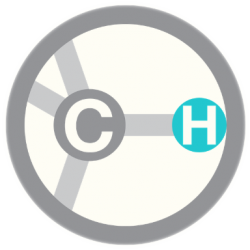Authors: Glen M. Sizemore, Huw M.L. Davies, T.J. Martin, James E. Smith
Drug and Alcohol Dependence
2004, 73, 3, 259-265
Pharmacotherapies utilizing long-acting agonists and mixed function agonists–antagonists have been successful in the treatment of opiate addiction but no comparable treatment exists for cocaine abuse. Long-acting tropane analogues have been synthesized that could be candidates for such pharmacotherapies. 2β-Propanoyl-3β-(4-tolyl)-tropane (PTT) is one such compound that is a relatively selective dopamine (DA) transporter blocker that has a significantly longer duration of action than cocaine. The purpose of this study was to assess the effects of PTT on the intravenous self-administration of cocaine, heroin, or cocaine/heroin combinations. Groups of rats were trained to self-administer cocaine, heroin, or cocaine/heroin combinations using a within session dosing procedure in which three doses were available each session. PTT pretreatment reduced cocaine and cocaine/heroin combinations intake in a dose-dependent manner while having only minor effects on heroin intake. These results suggest that the neurobiological substrates of cocaine and heroin self-administration are different, and that these cocaine/heroin combinations may function more like cocaine alone, even when the dose of heroin in the mixture will function independently as a reinforcer. These results further support the potential use of long-acting dopamine reuptake inhibitors as pharmacotherapeutic adjuncts to a comprehensive treatment program for cocaine and cocaine/heroin abuse.

